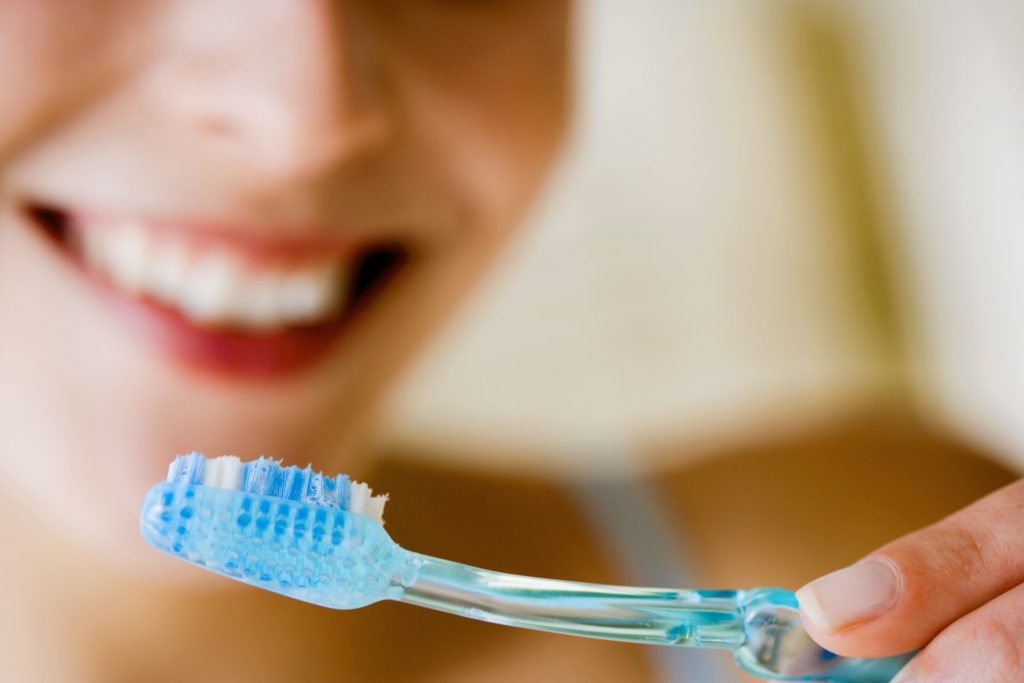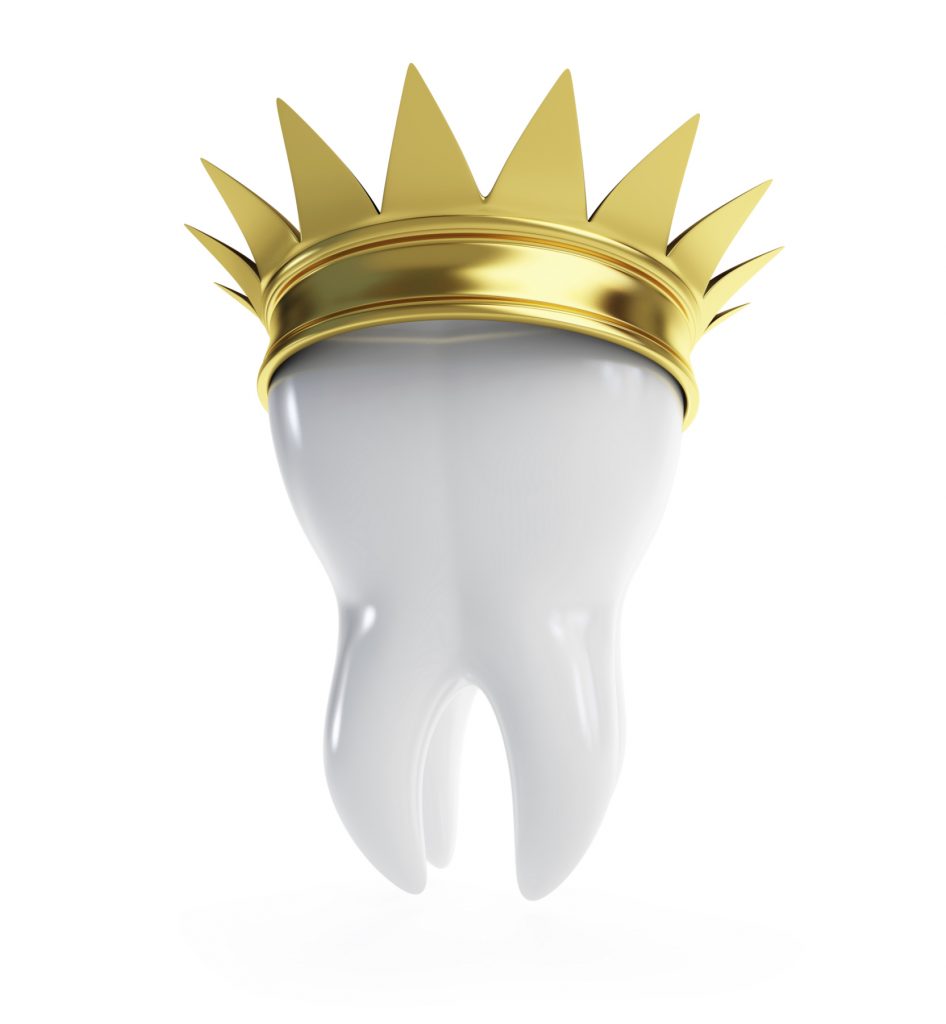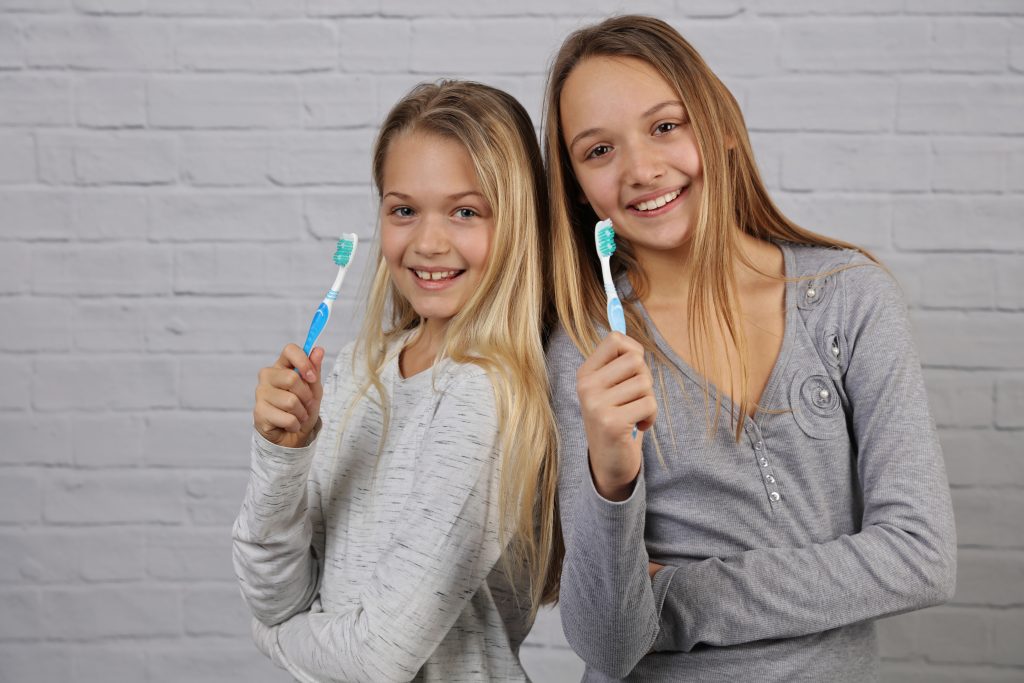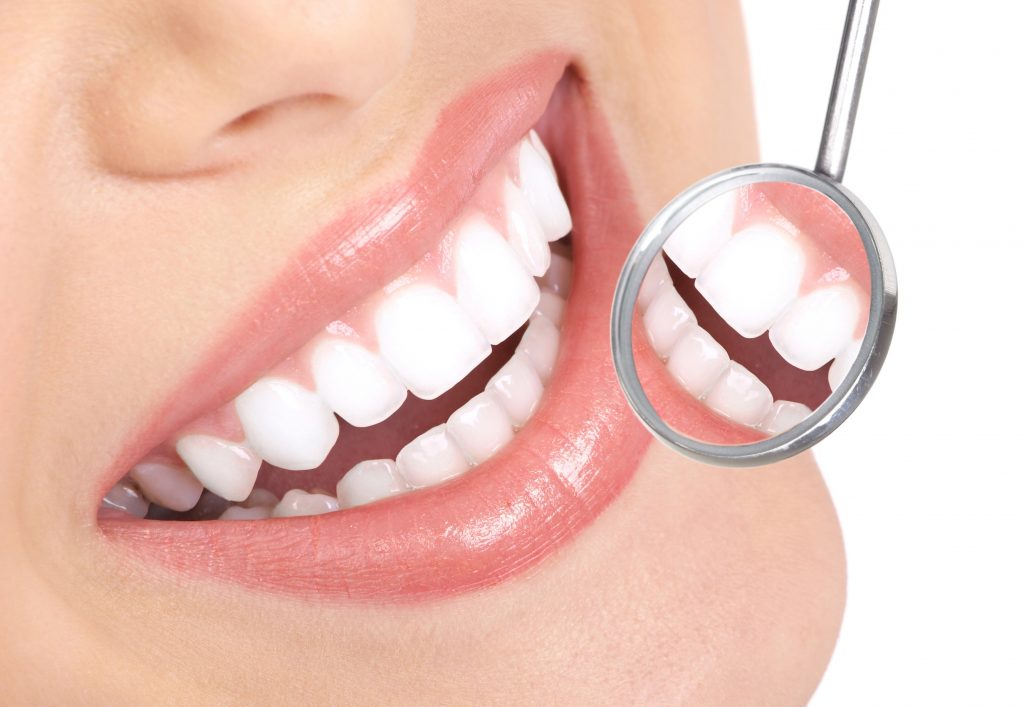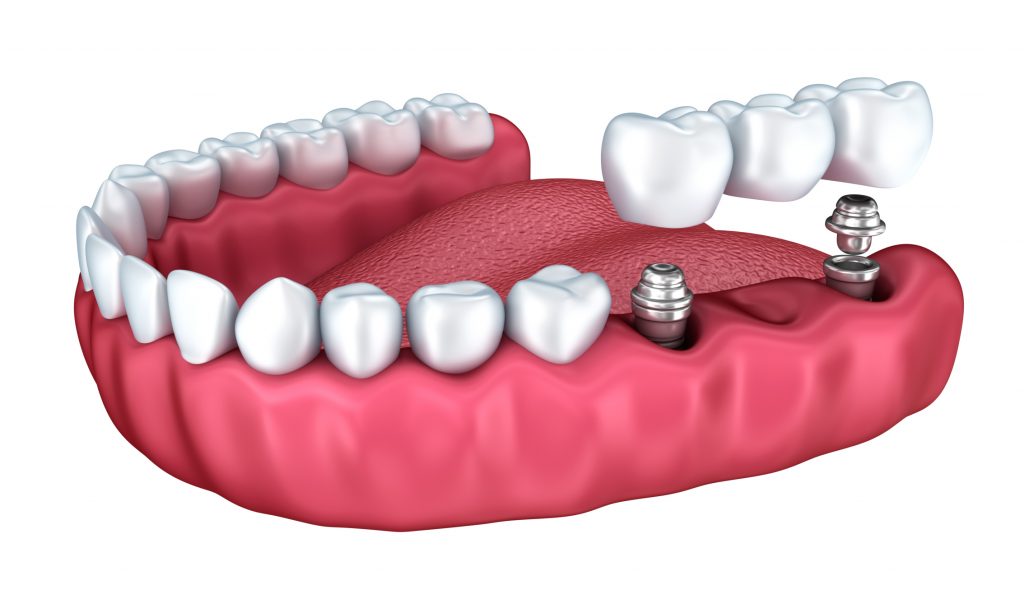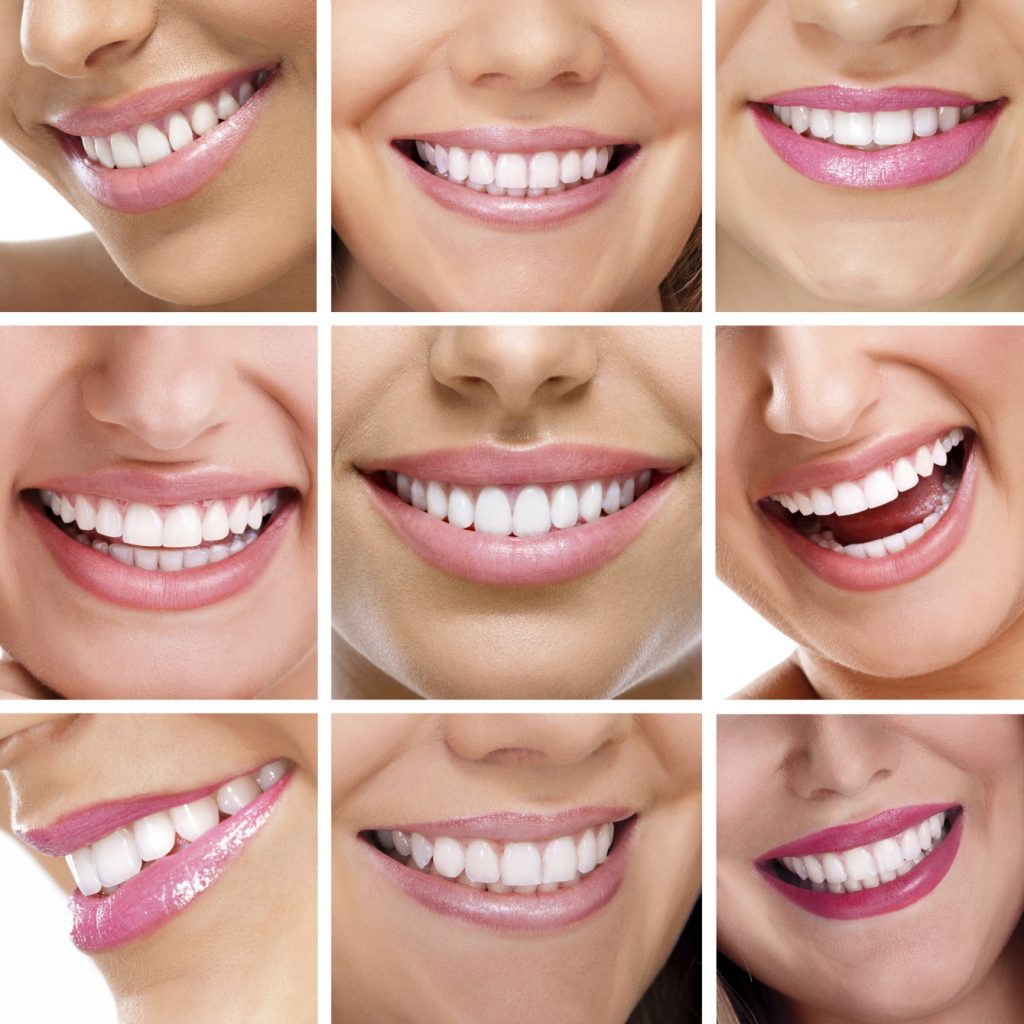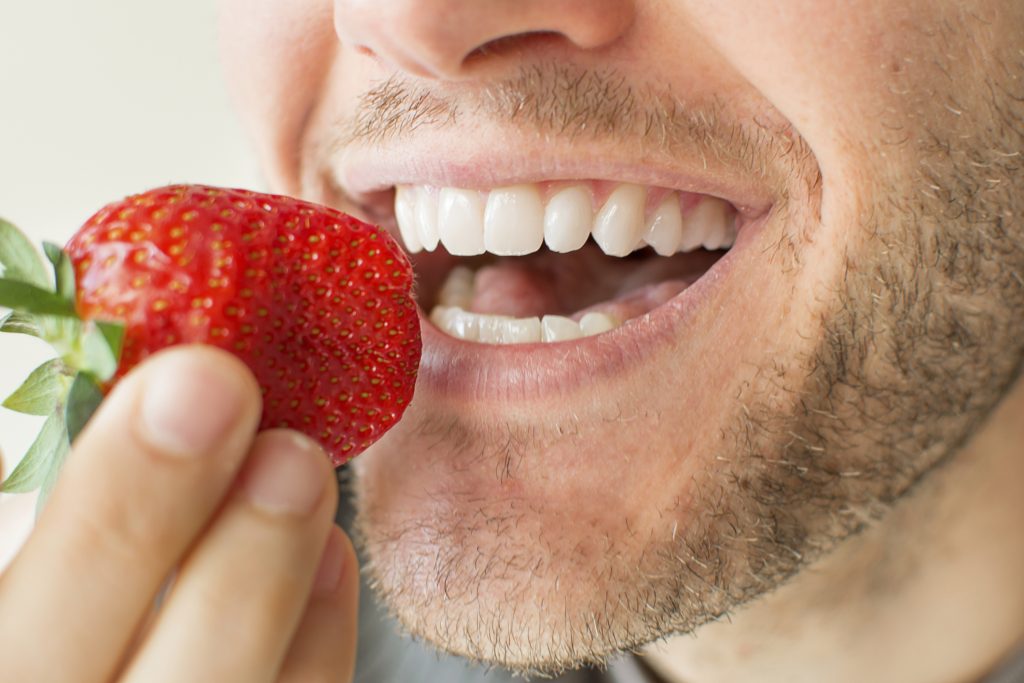
Dental sealants help to protect your teeth from cavities. They do this by creating a barrier between the enamel and plaque, which is full of bacteria.
The molars have small grooves within the surface that can trap plaque and food particle, and since your toothbrush can’t remove them completely, they can get stuck there for a long time. Dental sealants can help, and after a relatively simple procedure, you’ll be able to start eating and drinking right away.
What to expect after dental sealants
After we’ve finished sealing your teeth, you can eat, drink, play, or work. There won’t be any restrictions. It may feel strange to bite into something at first due to the new sealant, but this sensation should go away in a few days. Soon, you won’t even know that you have the sealant. Regular dental appointments are still essential after your teeth are sealed.
Some patients believe that once they have sealants that their teeth are virtually immune to decay and other issues. That simply isn’t the case. You still need to brush and floss regularly, and regular appointments in our office allow us to check how your sealant is doing. Sealants don’t last forever, but they can effectively seal teeth for 10 years, and they can be replaced easily if they are damaged or chipped.
Foods to avoid
While they aren’t specific to dental sealants, there are some foods that you should avoid in order to maintain good oral health. These are foods that are especially sticky, hard, and chewy, including caramel, taffy, jawbreakers, hard candy, chewing gum, and gummy bears.
Are you interested in dental sealants for either yourself or your child? If so, contact our office today to learn more about your options. We will discuss the pros and cons of dental sealants to help you decide if they are right for you.
For more information about dental sealants, call Dr. Sciabica in Issaquah, WA at 425-392-3900 or visit www.issaquahdentists.com.
Dr. Frank S. Sciabica proudly serves patients from Issaquah and all surrounding areas.

